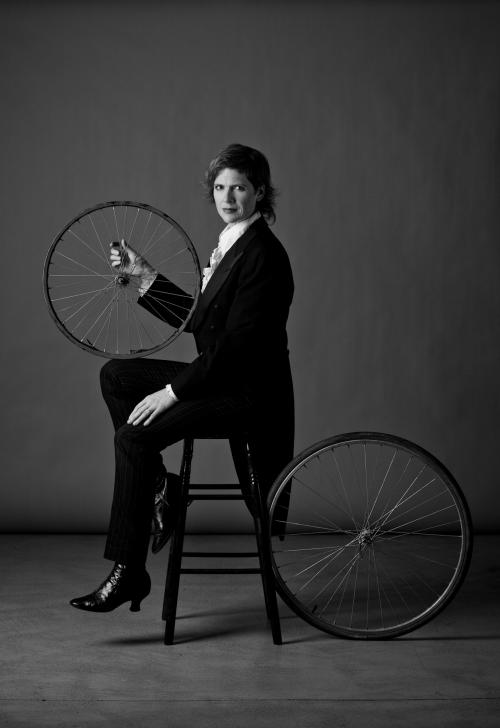The Urban Bikeway Design Guide was released last week by the National Association of City Transportation Officials (NACTO) at the National Bike Summit in Washington D.C. (See a good overview at The Urban Country).
The guide represents a big step forward in legitimizing (at least for North Americans) what a number of North American municipalities have already begun implementing in the United States and Canada (though Toronto has become a bit of an anachronism in this regard). The policy in Europe (particularly Netherlands and Copenhagen) has been progressive for many decades now. With this document, these city transportation planners are writing off their state counterparts, American Association of State Highway and Transportation Officials, which continues to be woefully inadequate in helping planners design for better cycling infrastructure. AASHTO's Guide for the Development of Bicycle Facilities doesn't even mention cycle tracks (one or two-way separated bike lanes that resemble shared-use paths), an infrastructure that is increasingly being used in large cities such as NYC, San Francisco, Portland, Vancouver, Montreal.
It didn't help that AASHTO was influenced by John Forrester, who held strongly the belief that ‘bicyclists fare best when they behave as, and are treated as, operators of vehicles', "a long-standing, and yet not rigorously proved, philosophy in the USA." (Risk of injury for bicycling on cycle tracks versus in the street, by Anne C Lusk et al.)
NACTO, on the other hand, doesn't shy away from describing a wide variety of different cycling infrastructure, drawn from the bikeway guides from many cities, including Portland Oregon, Amsterdam, New York City and Copenhagen. Under cycle tracks, for instance, it includes one way buffer tracks, two-way, and raised bed cycle tracks with examples and benefits of each type. Any of these options would be big improvements for bike lanes on our main thoroughfares and for proposed separated bike lanes on Richmond and so on. (I personally think the variety shown above would be a good compromise for narrower roads where a width doesn't exist for a full separated cycle track.)



